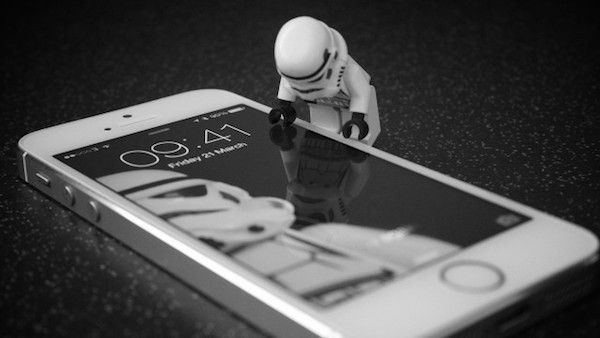New iOS Security Feature Blocks Law Enforcement Hacking Attempts
Apple has introduced a new security feature in iOS that blocks data transfer from an iPhone via USB if the device hasn’t been used for seven days. This feature renders many of the data extraction techniques used by law enforcement agencies ineffective.
What Is USB Restricted Mode?
The new security feature, called USB Restricted Mode, was first discovered by researchers at Elcomsoft while analyzing the code of iOS 11.4. In this mode, the device can still be charged via USB, but data transfer becomes impossible if the iPhone has been locked for seven days. Once the user unlocks the device, the mode is disabled and data transfer is restored.
How Does It Protect User Privacy?
USB Restricted Mode helps users protect the privacy of their data and prevents unauthorized access without their consent. Typically, when law enforcement seizes a suspect’s iPhone, they need to use a special exploit to unlock it. If no such exploit is available at the time, the device is simply registered as evidence and stored until an exploit is found.
Now, thanks to this new feature, it will be impossible to extract data from a seized device that has been unused for seven days. The Lightning port will lose the ability to transfer data and will not recognize the computer it’s connected to.
What Happens If You Don’t Use Your iPhone for a Week?
If the owner doesn’t use their iPhone for a week (for example, if they leave it at home during a vacation) and then unlocks it with their password, data transfer will work as usual. The feature is designed to protect against unauthorized access, not to inconvenience regular users.



